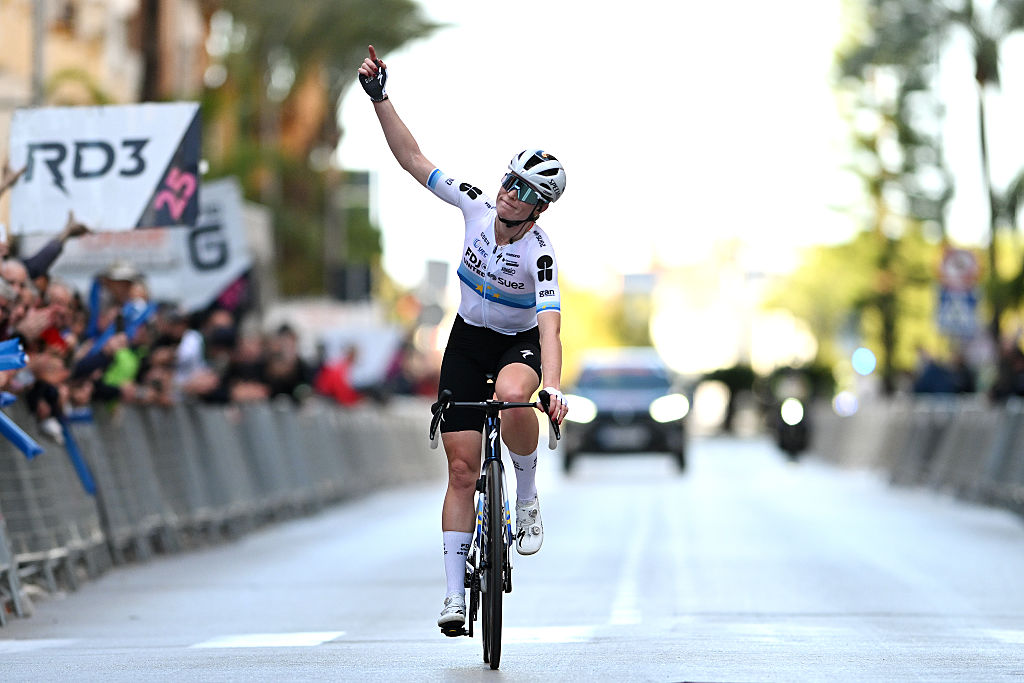Van der Poel to use hypoxic chamber as substitute for altitude camp ahead of World Championships
Dutchman scraps planned altitude training camp before Tour of Britain
The latest race content, interviews, features, reviews and expert buying guides, direct to your inbox!
You are now subscribed
Your newsletter sign-up was successful
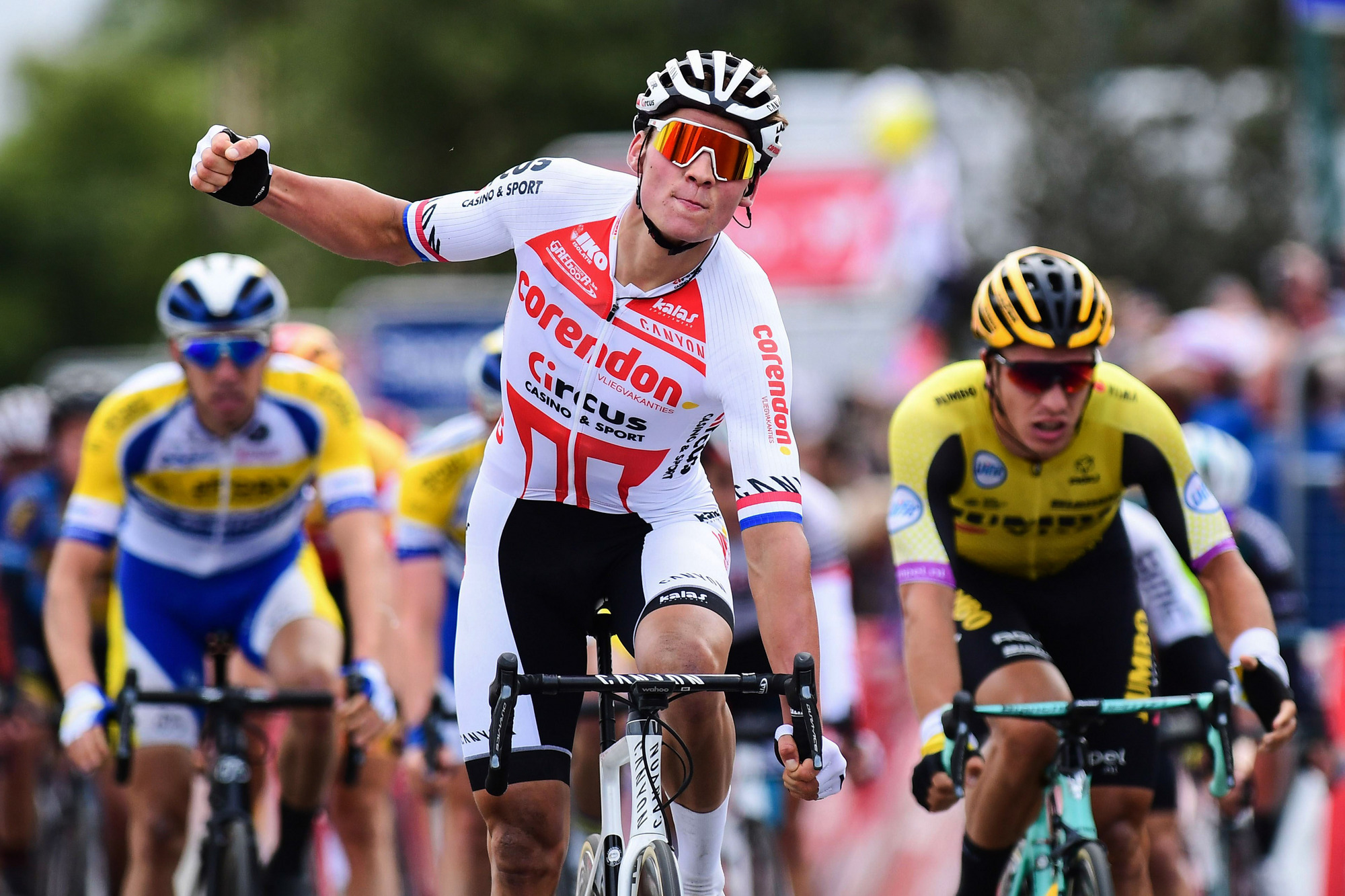
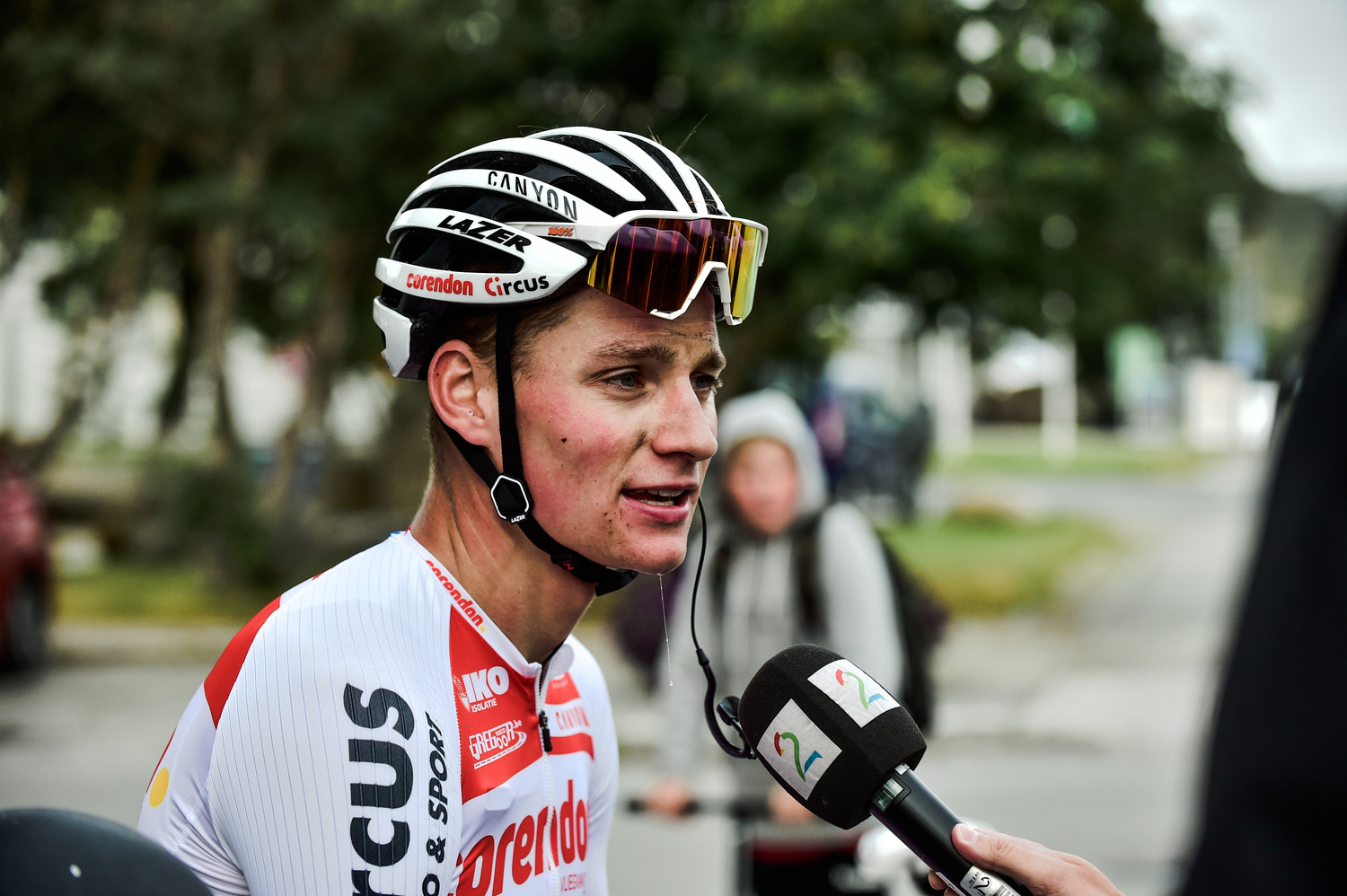
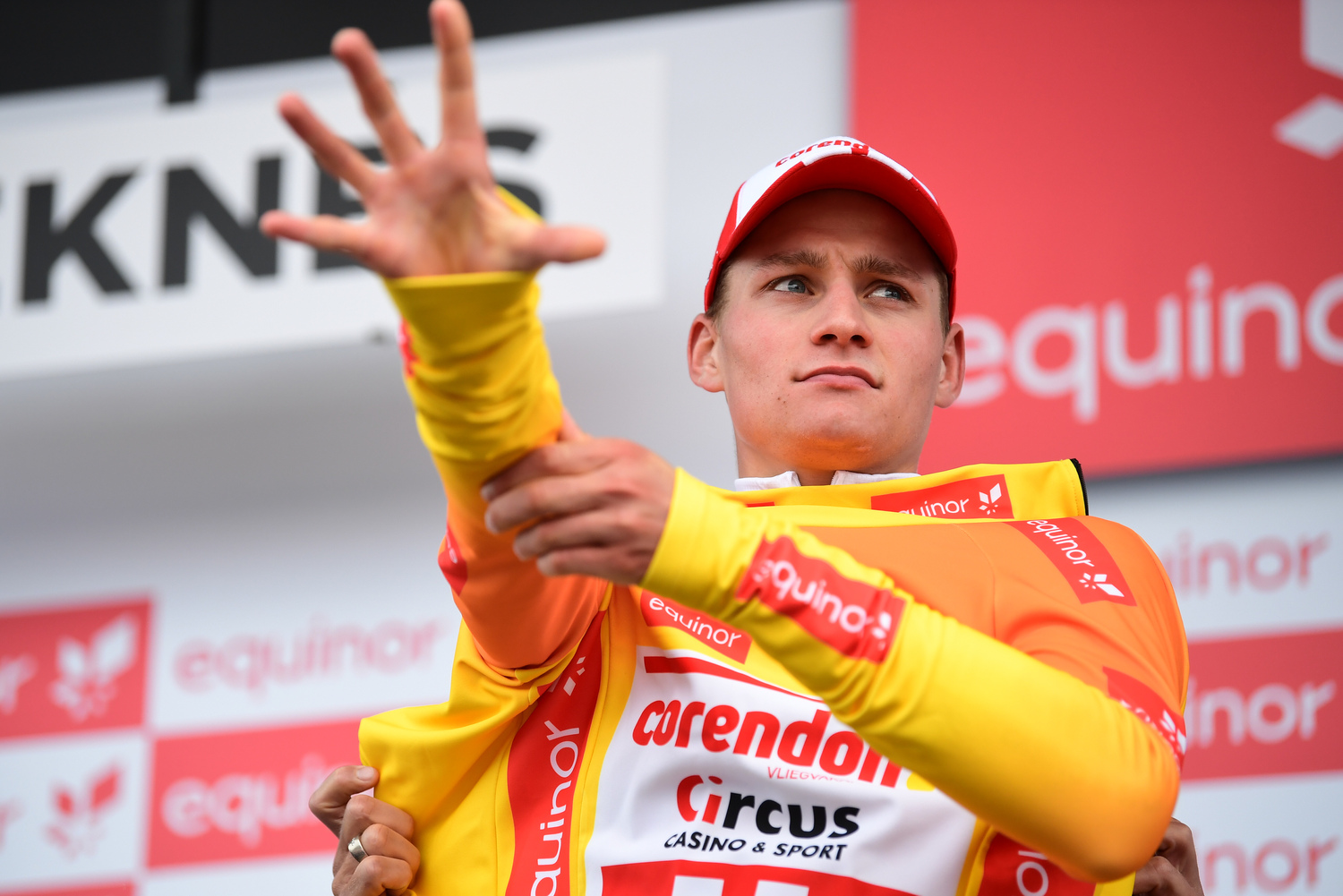
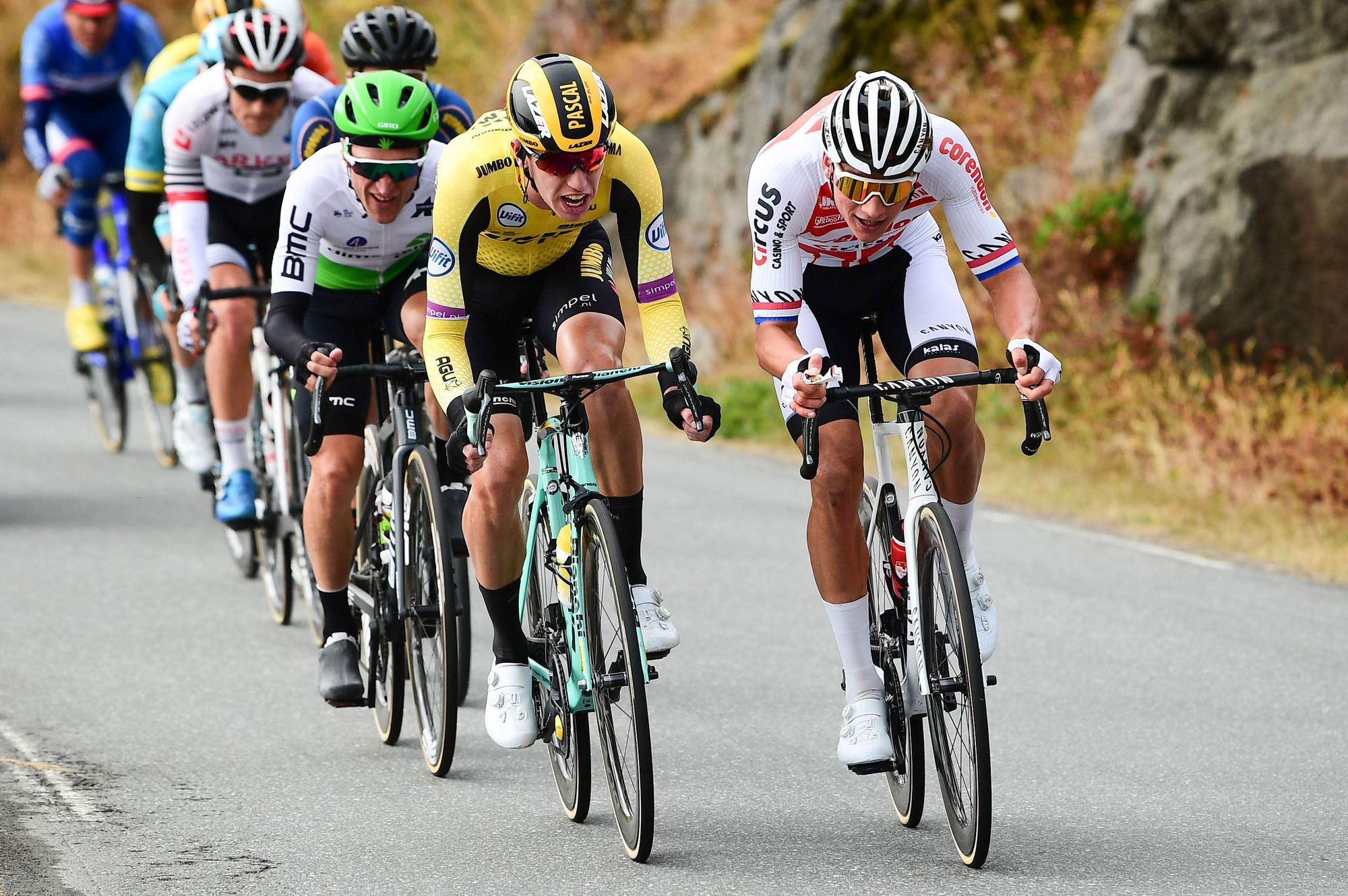
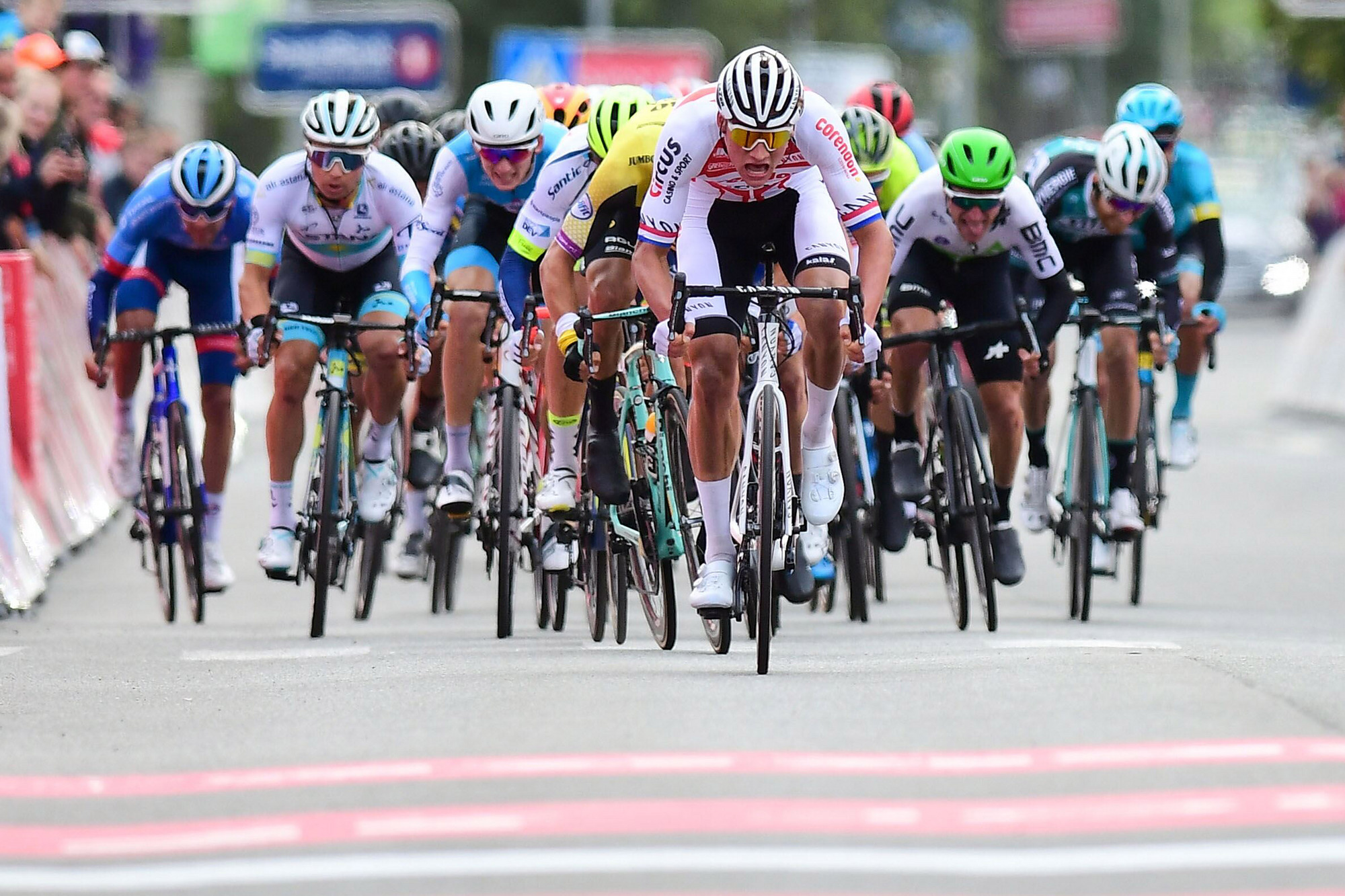
Mathieu van der Poel has scrapped plans for an altitude training camp ahead of the Road Race World Championships in Yorkshire, choosing to remain in Belgium ahead of the Tour of Britain. He will, however, replicate the effects of altitude by sleeping in a hypoxic tent, a practice which is banned in some countries but not in Belgium.
WADA considering banning altitude tents
Lotto Soudal boss defends ethics as De Gendt uses altitude tent ahead of Dauphine
Van der Poel back on the road in Arctic Norway with sights set on Yorkshire Worlds
Arctic Race of Norway: Mathieu van der Poel wins stage 1
Mathieu van der Poel: Alaphilippe is the favourite for World Championships
Van der Poel returned to road racing after a four-month absence at the Arctic Race of Norway last week, winning the opening stage. During his time away he switched to mountain bike racing, winning three World Cup events. However he has opted to miss the Mountain Bike World Championships and focus on road racing and the World Championships in Yorkshire.
In his build-up to the road race in Yorkshire on September 29, van der Poel was due to head to Sierra Nevada in Spain this week for a 10-day altitude camp, before riding the Tour of Britain (September 7-14) and a couple of Belgian one-day races ahead of Worlds. However, the Dutchman and his Corendon-Circus team have decided to scrap that idea and remain closer to home in Belgium. The head cold that hampered him in the final two stages at Norway may have had an impact on the decision.
"We had two options: either an altitude internship abroad or an internship in Belgium, where Mathieu sleeps in an altitude tent at night," said Corendon-Circus coach Kristof De Kegel, according to Het Nieuwsblad.
"Mathieu has already travelled a lot, so we wanted to avoid extra effort. Moreover, you can better monitor the training sessions with an altitude tent. Because the World Cup is at sea level, we think it is better to also conduct intensive and focused training sessions at sea level in Belgium instead of looking for the high mountains."
Altitude tents – also known as hypoxic or hyperbaric chambers – are allowed to be used under World Anti-Doping Agency rules. However, the practice is banned in some countries, including Italy and Norway.
Hypoxic chambers control the atmosphere to mimic the thinner air at altitude, which boosts production of red blood cells in the body, in turn increasing the oxygen-carrying capacity of the athlete.
The latest race content, interviews, features, reviews and expert buying guides, direct to your inbox!
Concerns centre around the artificial nature of the induction of physiological changes in the body. In 2006, WADA considered banning them as its ethics committee deemed they were "probably contrary to the spirit of sport", though no action was eventually taken.
While altitude training camps in locations such as Sierra Nevada and Tenerife are increasingly common, altitude tents are believed to be widely used by professional cyclists.
Defending Thomas De Gendt’s use of the chamber a couple of years ago, Lotto Soudal boss Marc Sergeant said: "Where do you draw the line? Is a home trainer okay? It's the same thing. You can go on the home trainer instead of out on the road and the opposition can say 'that's not ethical'. I don't think it's a big problem."
Patrick is a freelance sports writer and editor. He’s an NCTJ-accredited journalist with a bachelor’s degree in modern languages (French and Spanish). Patrick worked full-time at Cyclingnews for eight years between 2015 and 2023, latterly as Deputy Editor.

